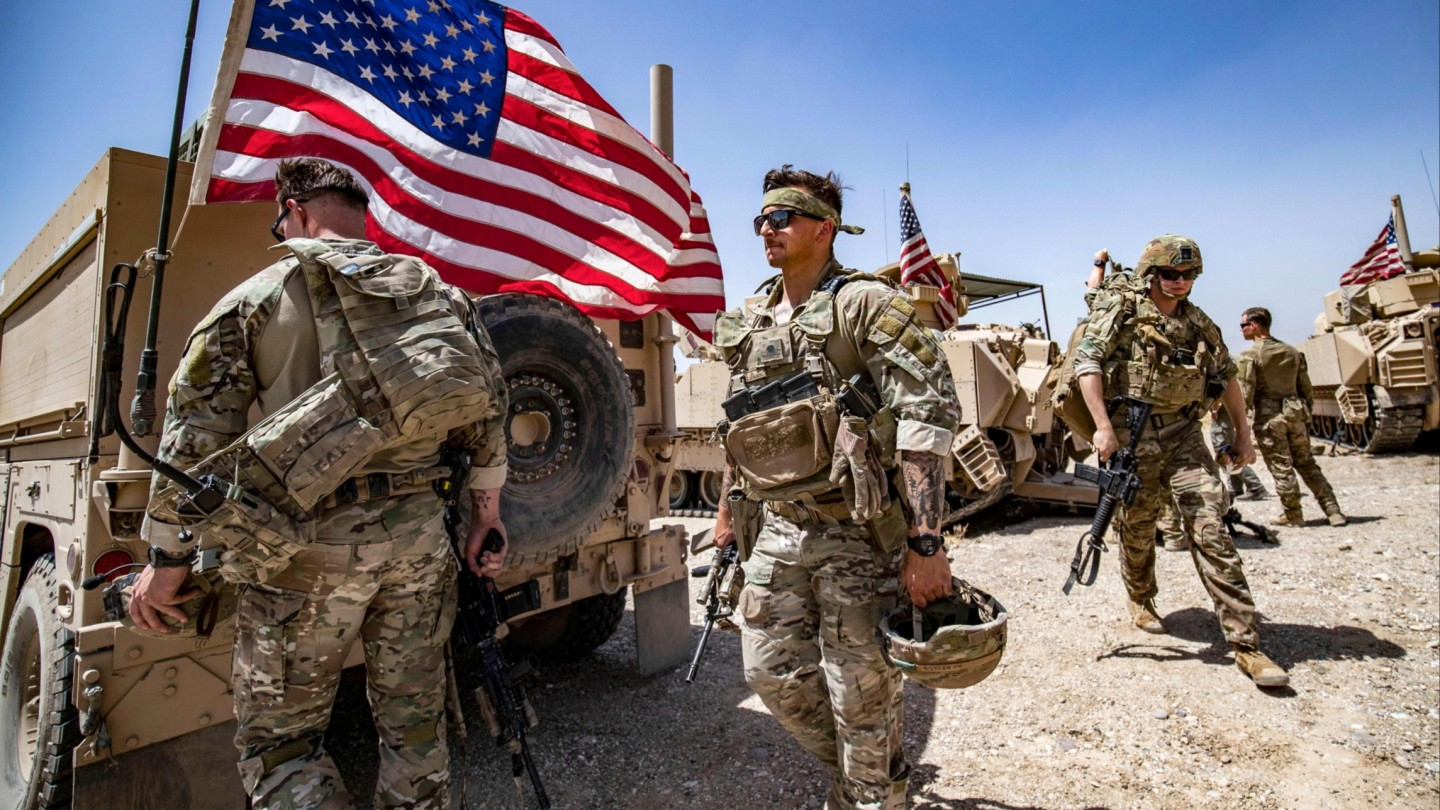
The military installations and missions of the US and Russia in Syria have drawn renewed attention as international leaders debate their impact on regional stability and Syria’s sovereignty. While US forces continue to focus on combating ISIS and managing security risks, European leaders have intensified calls for Russia to withdraw its forces and dismantle its military bases in Syria, citing threats to both Syria and European security.
Germany Urges Russian Withdrawal
Germany has called for the closure of Russian military bases in Syria and the withdrawal of Russian forces, labeling Moscow a primary threat to European security. Tobias Lindner, Germany’s coordinator for Syria, stated in Der Spiegel that “Russia must respect Syria’s sovereignty and territorial integrity,” emphasizing that preserving Syrian sovereignty applies to all parties, especially Moscow.
Lindner criticized Russian President Vladimir Putin’s military support for ousted dictator Bashar al-Assad, describing Russia’s role in Syria as part of a broader strategy to operate in the Mediterranean, Libya, and Africa. German Foreign Minister Annalena Baerbock echoed these sentiments during a visit to Damascus, denouncing Russia’s role in supporting Assad and urging the removal of Russian forces.
EU foreign policy chief Kaya Kallas reinforced this position, advocating for the withdrawal of Russian and Iranian forces as a prerequisite for dialogue with Syria’s new authorities. “Iran and Russia must not play any role in building Syria’s new future,” she said.
Russian Military Objectives
Russia’s long-standing military presence in Syria includes its naval base in Tartus and the Hmeimim airbase, established under bilateral agreements with the former Assad regime. Moscow has used these installations to project power in the Mediterranean and beyond, deploying forces to Libya, Mali, and the Central African Republic.
While the agreements securing Russian bases are technically binding, Lindner stressed that they could be revisited. “The Syrians themselves must decide whether to terminate these agreements,” he noted. However, many Syrians harbor deep resentment toward Russia for its role in the war and its support for Assad’s oppressive regime.
US Operations Targeting ISIS
Meanwhile, the US remains focused on combating ISIS and “maintaining stability” in northeastern Syria, and during a recent visit to Syria, General Michael Kurilla, commander of the US Central Command (CENTCOM), assessed ongoing efforts to defeat ISIS and prevent its resurgence.
General Kurilla visited the Al-Hawl camp, which houses tens of thousands of people linked to ISIS, warning that without international efforts for resettlement and rehabilitation, these camps could become breeding grounds for a new generation of extremists.
“CENTCOM remains committed to the enduring defeat of ISIS and stability throughout the region and beyond,” Kurilla said, emphasizing the importance of international cooperation in addressing the threat.
Strategic Importance of US Forces
US Defense Secretary Lloyd Austin has defended the continued presence of American forces in Syria, highlighting their role in securing detention camps and preventing ISIS fighters from regaining strength.
“ISIS fighters will return to the mainstream if Syria is left unprotected,” Austin told the Associated Press. He added that the Syrian Democratic Forces (SDF), a key US partner, have been instrumental in combating ISIS and maintaining security in the region.
Austin acknowledged that, in the future, the SDF could be integrated into the Syrian army under the transitional government. For now, however, the US aims to “keep a foot on the neck of ISIS” and safeguard its interests in Syria.
Calls for Sovereignty & Stability
As the Syrian Transitional Government (STG) works to rebuild the nation following Assad’s ousting, the presence of foreign military forces remains a contentious issue. While the US claims its mission focuses on counterterrorism, some critics argue that it contributes to instability and undermines Syrian unity by supporting terror-linked groups like the SDF. Meanwhile many in the EU stress that Russian bases in Syria serve broader geopolitical objectives that undermine the country’s sovereignty and complicate its recovery.
The ongoing debate highlights the challenges of balancing international interests with Syria’s need for stability and independence. For now, both the US and Russia maintain significant roles in shaping Syria’s future, albeit with vastly different objectives.








